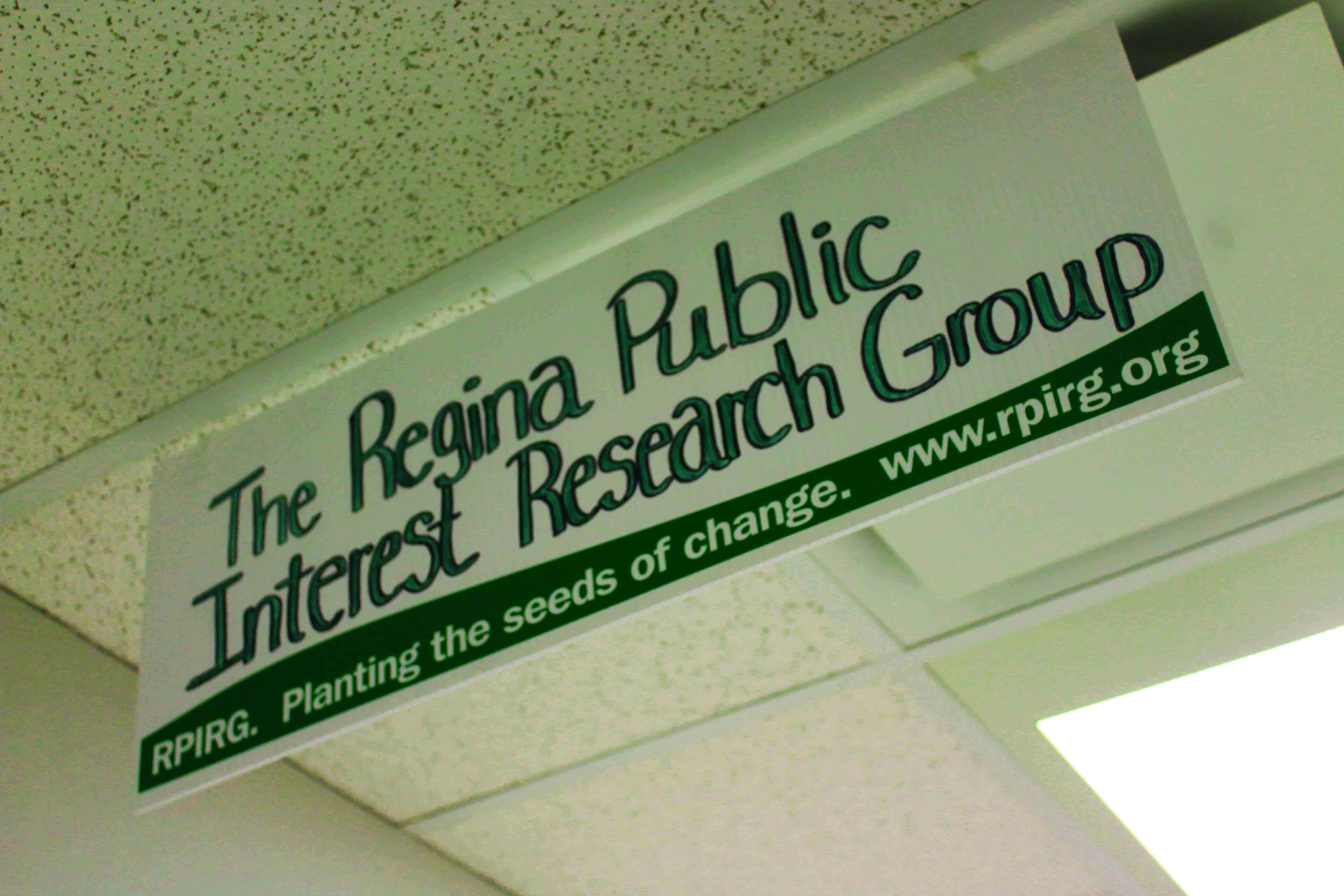
Every one of us is capable of great things, and together we’re capable of even more
“So, racism is ingrained in Canadian culture and upheld by Canadian systems. What can I do about it?” Well, there are extensive lists of things one person can do when it comes to reconciliation and decolonization. This won’t be one of those extensive lists, but rather, somewhere to start.
The first thing on this list is to read. To educate yourself and to recognize how this culture and these systems have benefitted you or held you back. Things you could read include The Reconciliation Manifesto, Unsettling the Settler Within, Indigenous Writes, Reclaiming Power and Place, and others from the compiled list by the Edmonton Public Library, which can be found online at epl.bibliocommons.com.
Of course, no one is going to or can force you to do this, you have to want it. For yourself, for everyone around you, for those who will come after you, any reason is as good as any other. The goal is education and change. If reading isn’t your jam, audiobooks are out there to find.
The second thing is to think. About all your ingrained beliefs, values, and first thoughts when seeing things in the news or in person. No one but yourself can answer any of the following questions for you, exactly like how no one can force you to educate yourself. Having said that, how do ingrained beliefs, values, and thoughts uphold the system?
There exists a theory that your first thought is society’s belief, while the second is your belief. Instinctively judging someone then immediately correcting yourself is an example of this. Even if it only took a second, you have taken the time to challenge your ingrained beliefs.
The third thing on the list is to listen. Listening to people who have experienced things other than what you have will increase your knowledge base just as reading would. Our society allows for a wide variety of experiences, many of which may be different from or beyond your experiences. Considering these differences and what allows them to thrive will broaden your perspective and allow you to see things you may never have noticed before.
This is where the fourth thing comes in: watch, pay attention when in public. There may be things which have always existed, but which you never noticed until starting this journey. See the world through fresh eyes, see what is familiar and different all the same. What aspects of culture are acceptable to express in public, what aspects do you never seem to see, and why? The fifth thing is to speak. When noticing an injustice, or when becoming aware of ongoing genocides across the world, speak. People above someone else in the socioeconomic ladder consistently take advantage of their power if they aren’t called out on their behaviour, including government officials.
What allowed the thing to happen in the first place and what can be done to stop it from happening again? Speak to your circle about it. Write to a paper with an opinion piece or a letter to the editor. This is why the news was created, to hold people in power accountable for their actions. More information on the topic of speaking up can be found at righttobe.org.
This is where the sixth thing on the list comes in: action. When you see an injustice, step in. Help. Help the person who is experiencing the injustice.
Don’t let the person committing the injustice just walk away feeling like they were in the right. Try to get them to understand why the thing they were doing is wrong. Of course, not everyone will listen, but that doesn’t mean we can’t try.
The seventh thing on the list is to demonstrate. Demonstrate what you have changed within yourself and encourage others to do the same. Change starts with one person and grows with them as they change their circle of people and those people change their circles.
The eighth thing on the list is to come together to incite change. Large groups of people calling for the same thing forces members of government recognize what the people want and, hopefully, support those calls through democracy.
Change doesn’t happen because people are quiet and asking politely. Change happens when a group of people are loud and saying, “We are here. This is what we need, this is what we want, and this is when we want it: now.” Working together is the only way anything ever changes. One person is powerful, but together we are unstoppable.









